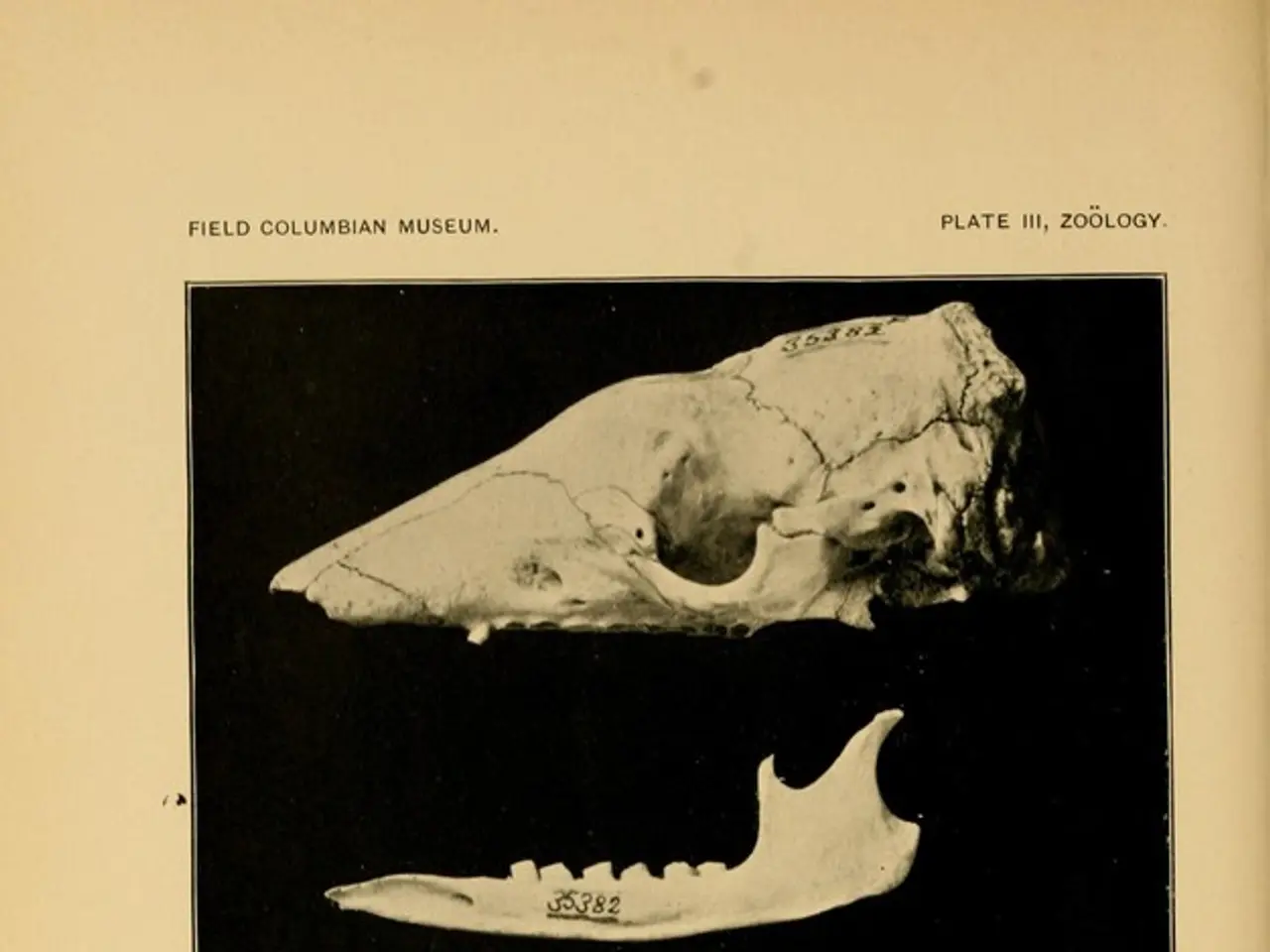Brain's Adaptability through Physical Activity: Maintaining Cognitive Agility
In the realm of maintaining and enhancing brain health, physical exercise has emerged as a crucial component. According to Dr. Joyce Gomes-Osman, a rehabilitation neuroscientist with a Ph.D. from the University of Miami Miller School of Medicine and a postdoctoral fellowship from Harvard Medical School, regular exercise plays a significant role in promoting neuroplasticity – the brain's ability to develop new neural pathways or connections between brain cells.
One effective way to plan an exercise regimen is by setting SMART (Specific, Measurable, Attainable, Relevant, Time-Bound) goals. For instance, a SMART goal might be: "During the next month, I will walk four days every week for 30 minutes each day."
While adherence to an exercise regimen can be challenging, understanding oneself and finding ways to stay motivated is key. Slip-ups are common when trying to change habits, but having backup plans for when one feels tired or unable to exercise is necessary.
Exercise boosts the production of neurotrophic factors such as brain-derived neurotrophic factor (BDNF), insulin-like growth factor 1 (IGF-1), vascular endothelial growth factor (VEGF), and others. These factors promote neuronal survival, synaptic plasticity, and adult neurogenesis – the formation of new neurons – particularly in brain regions like the hippocampus that are critical for memory and learning.
Regular exercise also enhances brain structure and function, increasing gray matter volume in areas like the prefrontal cortex, hippocampus, and caudate nucleus. These regions are involved in executive function, spatial memory, and cognitive control. Exercise promotes blood vessel formation and myelination of white matter tracts, supporting efficient neural communication and delaying age-related decline.
Exercise reactivates specific genes, such as ATPPIF1, that support neuroplasticity by promoting neuron survival and synaptic function. This molecular pathway is relevant for slowing cognitive decline in neurodegenerative diseases like Alzheimer’s and offers potential targets for drug therapies mimicking exercise benefits.
Moreover, exercise reduces neuroinflammation, creating a neuroprotective environment conducive to plasticity. By reducing inflammatory cytokines that contribute to brain aging and cognitive decline, exercise facilitates neuroplasticity and mitigates brain aging processes.
These exercise-induced biological changes translate into improved executive functions, memory, information processing speed, and global cognition in older adults. The total amount of hours spent exercising as part of an intervention seems to be particularly relevant for the cognitive effects of exercise on the brain.
In conclusion, by enhancing neurotrophic support, promoting structural brain changes, activating beneficial genetic pathways, and reducing harmful inflammation, exercise facilitates neuroplasticity and mitigates brain aging processes. This evidence supports physical exercise as a key intervention to maintain or even improve brain health and cognitive function in aging populations.
It's important to note that the 'best' exercise regimen for promoting brain health might vary from person to person. Encouraged exercises include aerobic, weight-lifting, and mind-body exercises. Regular exercise can increase neuroplasticity of certain structures of the brain, helping maintain and improve thinking skills as we age. Making new habits is possible and within reach, and the benefits for brain health make it a worthwhile endeavour.
Dr. Gomes-Osman, who is an Assistant Professor of the Departments of Physical Therapy and Neurology at the University of Miami Miller School of Medicine and maintains her affiliation with the Berenson-Allen Center for Non-Invasive Brain Stimulation at Beth Israel Deaconess Medical Center, Harvard Medical School, continues to research the impact of exercise on brain health and cognitive function. Her work underscores the importance of physical exercise in maintaining cognitive health and could pave the way for new interventions to combat neurodegenerative diseases such as Alzheimer's and Parkinson's, as well as mild cognitive impairment.
In the health-and-wellness sector, Dr. Gomes-Osman's research in the science of precision aging emphasizes the significance of fitness-and-exercise in promoting neuroplasticity, particularly physical exercise, for maintaining and enhancing brain health. By adhering to a well-planned exercise regimen that follows the SMART goal approach, such as walking four days a week for 30 minutes each day, one can boost the production of neurotrophic factors essential for neuroplasticity, thus slowing cognitive decline and potentially combating neurodegenerative diseases like Alzheimer’s and Parkinson’s.








